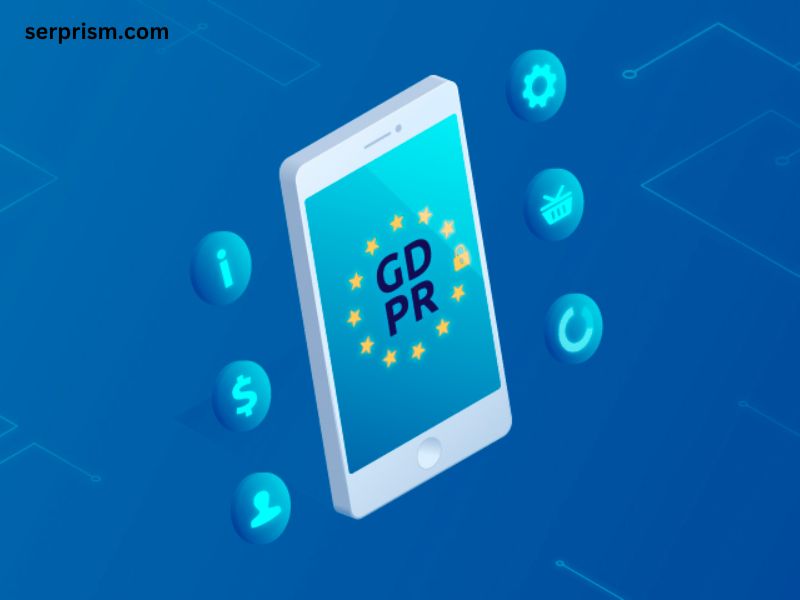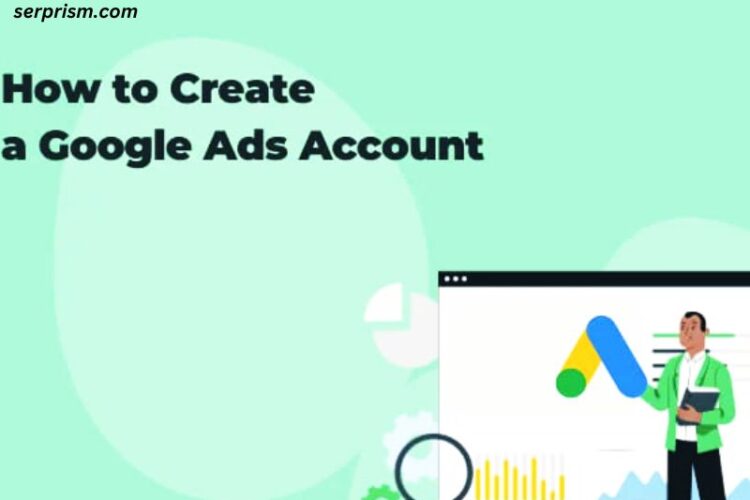
In today’s digital age, apps are integral to our lives, from social media to banking, fitness to entertainment. However, every time you install an app and click “Agree” or “Allow,” you are consenting to much more than you might realize. This article will break down what you are giving consent to when using apps, how that consent can affect your privacy and security, and ways you can protect yourself while still enjoying the convenience of modern technology.
The Importance of App Permissions
When you download an app, it often requests permission to access various parts of your device, such as your camera, location, microphone, and contact list. These permissions are necessary for many apps to function properly. For example, a navigation app needs access to your GPS to provide directions, while a photo-editing app requires access to your gallery and camera.
However, there’s a fine line between what an app needs to function and what it collects to potentially invade your privacy. Permissions are the means by which apps gain access to personal data on your devices, and how they use this data is often outlined in their privacy policies. Most users click through these agreements without much thought, but understanding these permissions is key to safeguarding your personal information.
Common App Permissions and What They Mean
- Location Access: Apps that use GPS often ask for permission to track your location. While necessary for map-based services, social media apps and games can also request this, often for reasons related to personalized advertising. Always think twice before allowing apps to track your location continuously.
- Camera and Microphone: Social media and messaging apps often request access to your camera and microphone. While this makes sense for video calls or photos, be cautious with apps that ask for these permissions without clear justification.
- Contacts and Call Logs: Some apps request access to your contact list or call logs, often under the guise of “social connectivity.” This allows apps to gather data about your social circles, and this information can be used for targeted advertising or even sold to third parties.
- Storage and Photos: Apps that need access to your phone’s storage (like photo-editing or file-sharing apps) can collect metadata from your photos or other personal files. Be sure to check whether an app really needs this access before giving consent.
- Health and Fitness Data: With the rise of fitness tracking apps and wearable devices, health data has become a key area of concern. Some apps can access detailed health information, including heart rate, sleep patterns, and workout routines. This information can be shared with third parties, making it essential to carefully review the permissions of any health-related app.
Privacy Policies: What You Should Be Looking For
When you agree to an app’s terms and conditions, you’re entering into a legal contract, often without realizing the implications. The privacy policy outlines what the app collects, how it is stored, with whom it is shared, and for what purposes. Here are some critical points to look out for:
- Data Collection: Check if the app explicitly states what data it collects and why. For instance, does the app collect your browsing history, purchase history, or social media activity? Some apps even collect background data when you’re not actively using them.
- Third-Party Sharing: Apps may share your data with third parties such as advertisers, analytics companies, or partners. Look for explicit mentions of whether the app shares your data and for what purpose. In some cases, apps may sell your data to data brokers, who then sell it to advertisers and other interested parties.
- Data Retention: How long will the app retain your data? Some apps store your data indefinitely, even after you’ve deleted your account. Others may offer to delete your data upon request, but you need to ensure they follow through.
- Data Security: Look for details on how the app secures your data. Does it use encryption? What measures are in place to prevent unauthorized access? Apps that do not take data security seriously can leave you vulnerable to data breaches, which can lead to identity theft or other malicious activities.
- User Control: Does the app allow you to control what data you share and how it is used? Some apps offer granular privacy settings that let you choose which permissions to grant, while others operate on an all-or-nothing basis.
How Companies Use Your Data
Once you consent to an app’s terms, your data can be used in various ways:
- Advertising and Marketing: One of the most common uses of your data is targeted advertising. Companies build detailed profiles of users based on their location, interests, and behaviors. If you’ve ever been puzzled by how ads seem to “know” exactly what you were thinking of purchasing, it’s likely because of data collected from apps.
- Analytics and Behavior Tracking: Companies track how you use their apps to improve their services and boost user engagement. While this seems benign, it also means they have access to detailed insights about your habits, which can be used to manipulate user behavior or design addictive app features.
- Data Sales: Some companies sell your data to third-party brokers. These brokers compile massive databases of information about users, which can then be sold to advertisers, research firms, and even political campaigns.
- Machine Learning and AI: Increasingly, companies use your data to train machine learning models. This data can be used to develop artificial intelligence systems that personalize your experience, but it can also be used to further invade your privacy by predicting your behavior, preferences, and even future purchases.
The Legal Side of App Consent
In recent years, data privacy laws have been enacted in many regions to protect consumers. For example, the European Union’s General Data Protection Regulation (GDPR) requires companies to obtain clear and informed consent from users before collecting their data. It also gives users the right to access, delete, or correct their data. In the U.S., laws such as the California Consumer Privacy Act (CCPA) offer similar protections, though regulations vary by state.
These laws have forced many companies to be more transparent about their data practices. However, they also place the burden on users to understand the legal language of privacy policies and take action if they feel their rights have been violated.
How to Protect Your Privacy
While it’s almost impossible to avoid using apps altogether, there are steps you can take to protect your privacy:
- Review Permissions Carefully: Before installing an app, review the permissions it requests. If an app is asking for access to data that seems unnecessary for its function, consider denying the permission or finding an alternative app.
- Use App Settings: Many apps offer settings that allow you to control what data they collect. For example, you can turn off location tracking or restrict an app’s access to your contacts.
- Limit Social Media Logins: Many apps offer the convenience of logging in with your social media accounts. However, this often gives the app access to more personal information than necessary. Consider creating a unique login instead.
- Use VPNs and Privacy Tools: A virtual private network (VPN) can hide your location and encrypt your internet traffic, making it harder for apps and websites to track your activities. Privacy-focused browser extensions can also help block trackers and ads.
- Read Privacy Policies: While it may be tedious, take the time to read the privacy policies of apps you frequently use. Look for clear language about what data is collected, how it is used, and with whom it is shared.
Conclusion
In a world where apps are an essential part of our daily lives, understanding what you give consent to when you download and use these digital tools is more critical than ever. Your data is valuable, and many companies are eager to collect, analyze, and monetize it. By being informed and cautious about the permissions you grant and the data you share, you can take steps to protect your privacy while still enjoying the convenience that apps offer.




